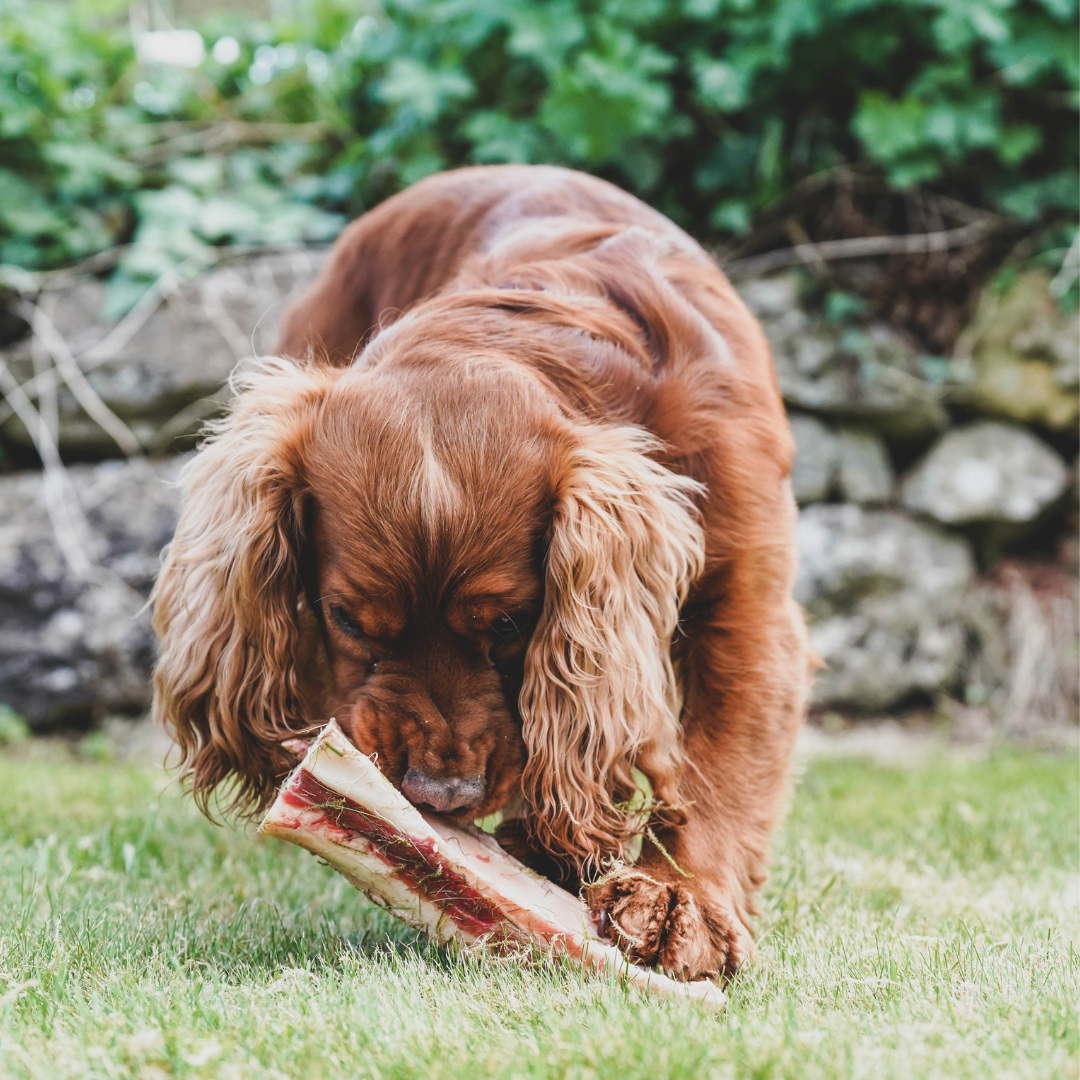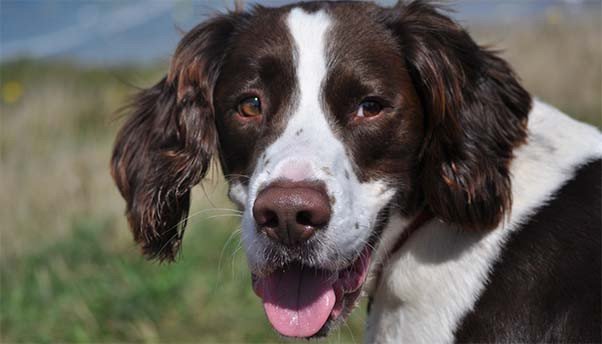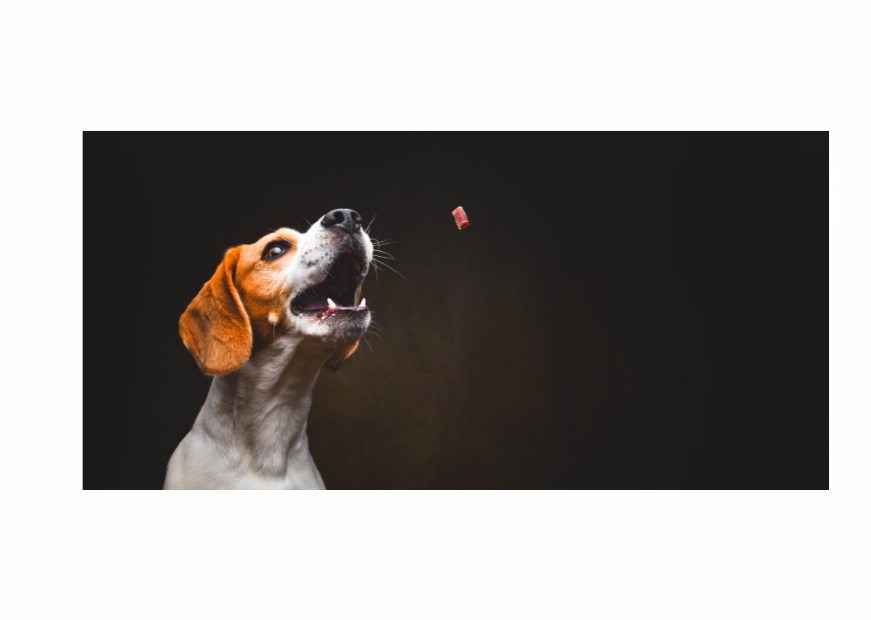Which raw bones are best for my dog?

We are pleased to provide answers here from vet Dr Tom Lonsdale.
Dr Tom is known as the grandfather of raw feeding. His best-selling books have supported many guardians to enhance their dog’s raw diet, and safely introduce nutritious raw meaty bones too.
In his years in practice Tom helped 1,000s of cats and dogs back to health using the feeding of raw meaty bones as his predominant treatment and therapy for disease. Even dogs already eating a raw diet showed huge health changes when raw meaty bones were introduced as a daily part of their menu.
Stripping at a meaty bone is vital
Our blogs on periodontal disease and its impact on your dog’s organs and systems will help you understand just how impactful even a small amount of dental bacteria can be in unbalancing health. Raw meaty bones prevent disease and act as support in overcoming existing disease by reducing and cleaning away harmful dental bacteria.
We are pleased to share some of Dr Tom’s guidance on feeding raw meaty bones and encourage you to feed more of them. After all, how could any dog not enjoy our delicious lamb necks, beef ribs or venison bones!
Key Principles
- Always feed the meaty bones raw.
- Feed large raw meaty bones that your dog needs to work at to ensure maximum cleaning of teeth and gums.
- Feed meaty bones from a variety of animals to ensure a good balance of nutrients.
Great raw meaty bones
- Chicken backs/carcass frames are suitable for all dogs. Smaller dogs will be able to strip them down.
- Poultry necks and wings are suitable for toy or very small dogs to strip down. They are not ideal for bigger dogs as they would likely gulp them whole - which is ok as it does provide great nutrition, but not the tooth cleaning process you are aiming for (see our gulping blog).
- Lamb, veal and venison carcass pieces.
- Rib bones with meaty sections.
- Necks make an excellent meal; dogs will tug and gnaw at the meat and sinews, gaining plenty of exercise and cleaning all that unwanted bacteria from their teeth and gums.
How many raw meaty bones should you feed a week?
Dr Tom states that he found feeding raw meaty bones as 70% of a dog’s diet, with offal, heart, tripe and a few vegetable table scraps as the other 30%, dogs in his care would overcome disease that many had been suffering from for years.
To him, the veterinary oath of ‘first do no harm’ means not advocating processed foods as a lifetime diet to animals and ensuring their basic dental needs are being met.
Our nutrition consultant suggests feeding a raw meaty bone as the first meal of the and making the second your dog’s favourite The Farmer’s Dog mince, onto which you can add any supplements you provide for your dog too.
Important to know
- Keep an eye on your dog’s stools to check bone preference for your dog as an individual. Stool can be whitish and dry, but there should be no constipation.
- If at first bits of bone are not being digested, either add digestive enzymes to your dog’s minced meal of the day to support their stomach acid, or stop giving them harder bones such as knuckles or marrows as these are less digestible for all dogs.
- You can weigh the bones mentioned above as part of your dog’s usual daily % feed. A lamb neck is around 500gm for instance, and will be a meal or even daily feed amount for many dogs. A beef rib will weigh less, and so your dog may need two ribs to make up the right amount of meat.
By providing the second meal as mince and supplements, you will not underfeed or miss out nutrients. Before long, you will know what works for your dog as an individual.
Brachycephalic breeds can also strip raw meaty bones, the larger and meatier the better though; a venison neck or a lamb neck is a good place to start.













